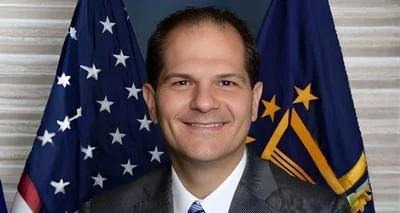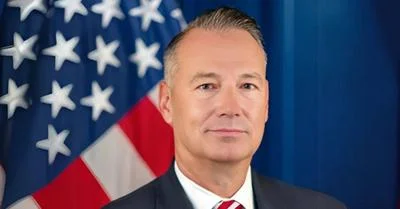Schwartz | Schwartz
Schwartz | Schwartz
Left-wing climate activists are quietly backing lawsuits against the fossil fuel industry to steer the country away from a dependence on affordable, reliable energy to costly green energy, a recent analysis by the watchdog group the Capital Research Center (CRC) shows.
Two groups, the Center for Climate Integrity and the Collective Action Fund for Accountability, Resilience, and Adaptation, are third-party litigation funders (TPLF) - who under current law are not required to disclose their roles in the suits - targeting ExxonMobil, Chevron and other energy producers.
“All this is done with an eye toward forcing a substantive public policy shift on climate change—a strategy that has been characterized as “legislation through litigation,” writes CRC’s Robert Stilson.
Stilson continues that the Center for Climate Integrity runs a multifaceted campaign to encourage governments to bring climate lawsuits. The group then financially backs the lawsuits once they’re filed.
“Grant descriptions explain that the center’s ‘central goal’ is to use lawsuits targeting energy companies in order ‘to accelerate corporate and governmental policy changes that speed the energy transition from fossil fuels to carbon-free energy sources.’”
For its part, the Collective Action Fund has no website or other public profile, but its grant descriptions shows that the fund’s reason to be is to make “charitable grants that enable cities, counties, and states hard hit by climate change to file high-impact climate damage and deception lawsuits represented by expert counsel.”
Both climate groups are funded by leftist foundations.
The use of TPLF by climate activists, for-profit hedge funds and even foreign governments (including our enemies) has expanded rapidly over the past few years. A recent Government Accountability Office (GAO) report showed the amount of TPLF provided by lenders to clients more than doubled between 2017 and 2021 alone.
Recently introduced legislation in Congress would ban foreign governments and sovereign wealth funds from the practice. Also under the legislation, the identities of any foreign person or entity behind the funding would no longer be withheld from the courts.
Some argue that disclosure of third-party funders should be required in all cases. Victor Schwartz, co-chair of the Public Policy Practice Group at Shook, Hardy & Bacon, notes that attorneys representing the businesses targeted by the lawsuits are required to disclose when insurance companies are financing their defense strategies.
“They are not passive,” Schwartz, referring to the investors, told Legal Newsline for an earlier story. “They may exercise control over the litigation. The judge in the trial court needs to know who they are and ask those who by name bring cases whether such control exists.”
Finally, this week U.S. Senators Marco Rubio (R-FL) and Rick Scott (R-FL) sent a letter to the chief judges of Florida’s three federal districts, which is comprised of 15 district courts, requesting they consider disclosure requirements for foreign TPLF in their respective jurisdictions.
“The potential impacts of allowing unfettered and undisclosed foreign TPLF throughout the judiciary could be severe, unless properly addressed," the senators said in a statement. "Foreign actors attempting to capitalize on such influence may seek to, among other things, forward frivolous lawsuits, needlessly and excessively prolong litigation disputes, exacerbate domestic discourse, or seize control of the litigation from the case’s original parties."






 Alerts Sign-up
Alerts Sign-up